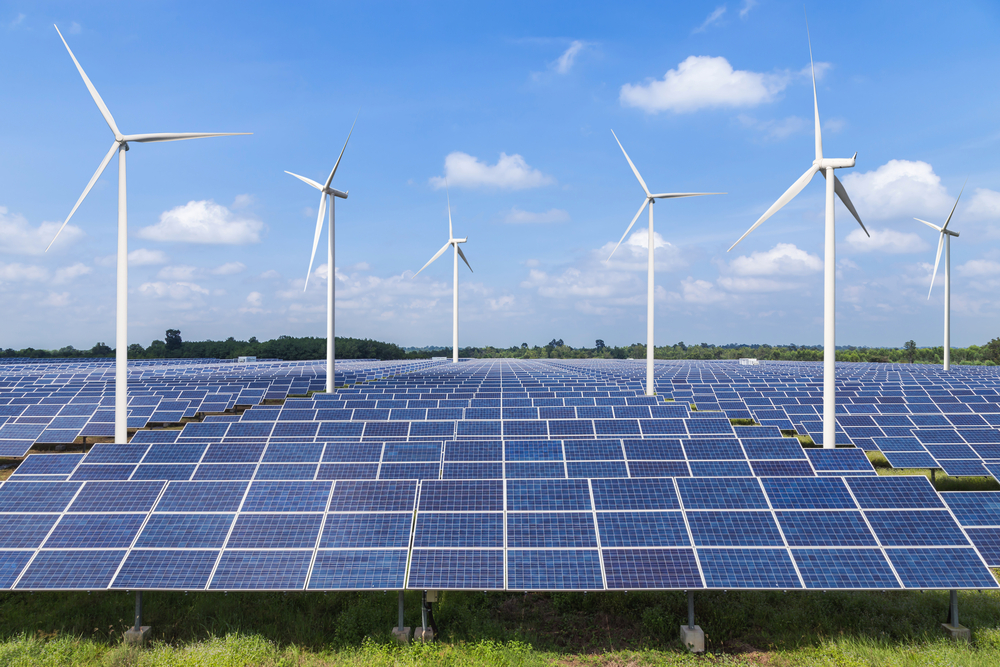CEED: RE share in the power mix should be 80% by 2030
- October 31, 2023
- 0

C
In a report by Business World, CEED Deputy Executive Director Avril de Torres highlighted the need to align ambitions with the Paris Agreement’s goal of a 1.5° centigr
The Paris Agreement, where the Philippines is a signatory, is a treaty aimed at maintaining the global temperature increase below 2°C.
Furthermore, de Torres pointed out that the Philippine Energy Plan merely compares the country’s actions with those of its neighbors, allowing the Department of Energy (DOE) to claim the country’s ambition in terms of energy initiatives.
Urging for the Paris climate commitment, De Torres indicated that meeting the Paris commitment would require an RE share target of 80-83% by 2030 and reaching 100% by 2040, citing a study from a German-based organization, Climate Analytics.
She stressed the current ambition of achieving a 35% RE share falls significantly short of the requisite threshold to align with the 1.5°C target.
Additionally, the deputy executive director expressed concerns over the projected capacity, highlighting the absence of a phase-out plan for coal, gas, and oil power sources.
Currently, coal power projects totaling 2,405 MW are categorized as “committed,” while 1,520 MW are in the “indicative” stage. Committed projects are either under construction or have secured financial closure, while indicative projects are in the predevelopment phase.
In August, the DOE announced a plan to retire or repurpose power plants amounting to up to 5,000 MW.
The DOE reported that as of July, the Philippines has a coal-fired installed capacity of 12,472 megawatts (MW).
By the end of 2022, renewable energy accounted for about 22% of the Philippine energy mix, while nearly 60% was sourced from coal-fired power plants. The government’s objective is to elevate the RE share to 35% by 2030 and further to 50% by 2040.